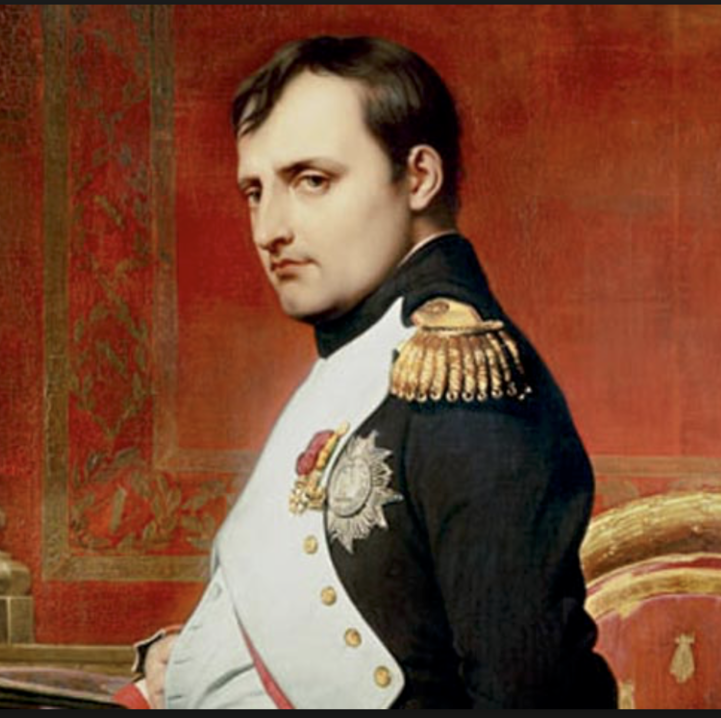Becoming Warren Buffet HBO Documentary (Focus, principle, persistence. Simple but not easy)
Charlie Munger – Full Notes from Daily Journal Co. Annual Meeting and Full Video here (As always many quotables and nuggets of wisdom)
Charlie Munger said during the DJCO meeting that “India has taken the worst aspects of democracy.” Popular narrative likes saying India is the next China, here is a factual argument for Why India is not the Next China. (As an honorary brown person, I love my Indian friends will certainly re-visit the country)
John Hempton at Bronte Capital admits that He does not Understand the Indian Outsourcing Company Syntel (Saying I don’t know is a virtue, saying why I don’t know, and here is how unsure I am requires thinking)
While India was grappling with its rupee bill debacle, here is a fast and furious tour to The Lastest Tech Trends and Fads in China (Went back to China from Nov – Dec last year, met many start-up and VC friends. China is truly a parallel universe and counter-factual to the U.S.)
Y Combinator’s 2017 Annual Letter (Since 2005, has funded 1,470 companies with total valuation of $100B, less than half of Apple’s cash balance if that puts it into perspective. Letter touched upon the era of hyper-scale tech companies powered by network-effect like the FANG, where their advantages are still underappreciated by founders and investors alike, and they will get more powerful without antitrust actions, I will be a happy shareholder for now)
Speaking of FANG, rumor has it that Amazon is looking to buy Capital One, and how have they fared in financial services? (I think the author’s analysis need to be more rigorous. Using Tencent and Alibaba’s success in China to speculate or extrapolate U.S. Tech firm’s ambition and achievable scale in finance to me is naive. No, it’s unlikely they will play an important role in the financial ecosystem anytime soon in the same way that Alibaba has done in China. The fundamental market structures, regulations, and consumer behaviors are miles apart.)
Micah Rosenbloom of Founder Collective chats with Harry Stebbings of Atomico about why $100 million is a good exit and why capital efficiency is key to returns and investment success in “20 VC: Micah Rosenbloom”
Last mention of Snap before its IPO: Mark Suster on Why He did not Invest in Snap and How He Feels Now, Professor Damodaran Valuing Snap before its IPO, Evan Benedict at A16Z and Ben Thompson at Stratechery each trying to frame Snap’s strategy (Mark did it with good grace and showed how hard it is to get out of your own narrative. While not a fan of DCF, it did provide a quick-and-dirty yardstick to judge value against. No, I am not buying Snap on the IPO, though funds in my 401K may)
Growth Hacker Andrew Chen on The Bad Product Fallacy


